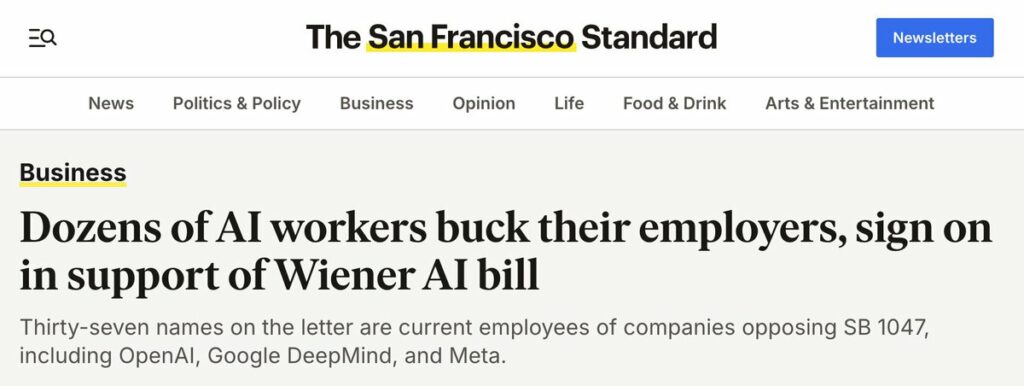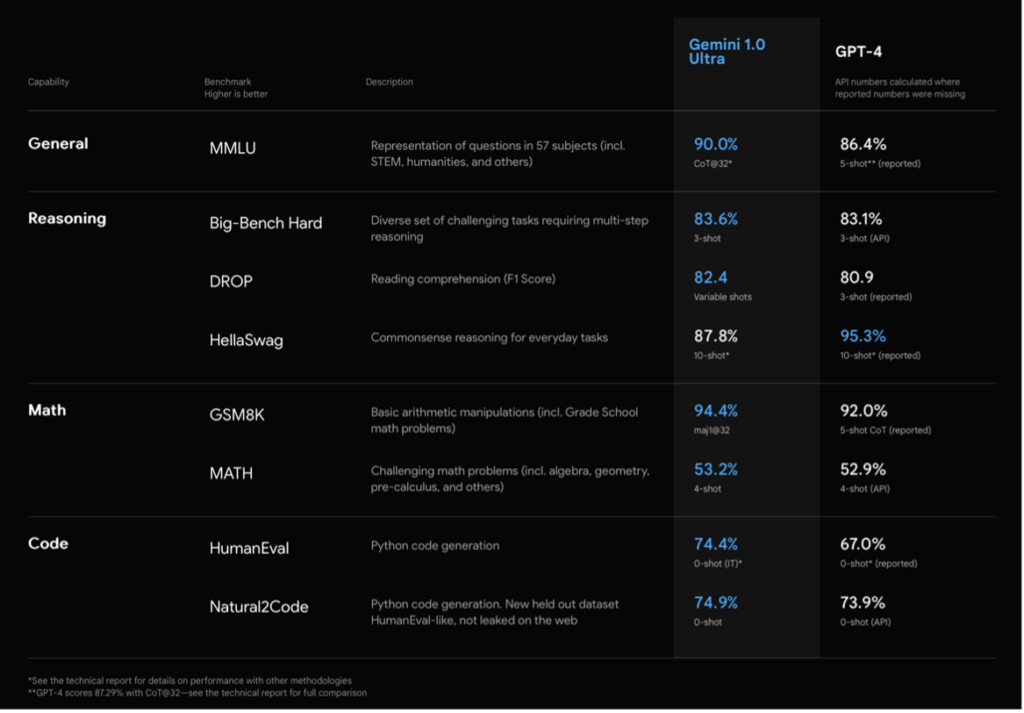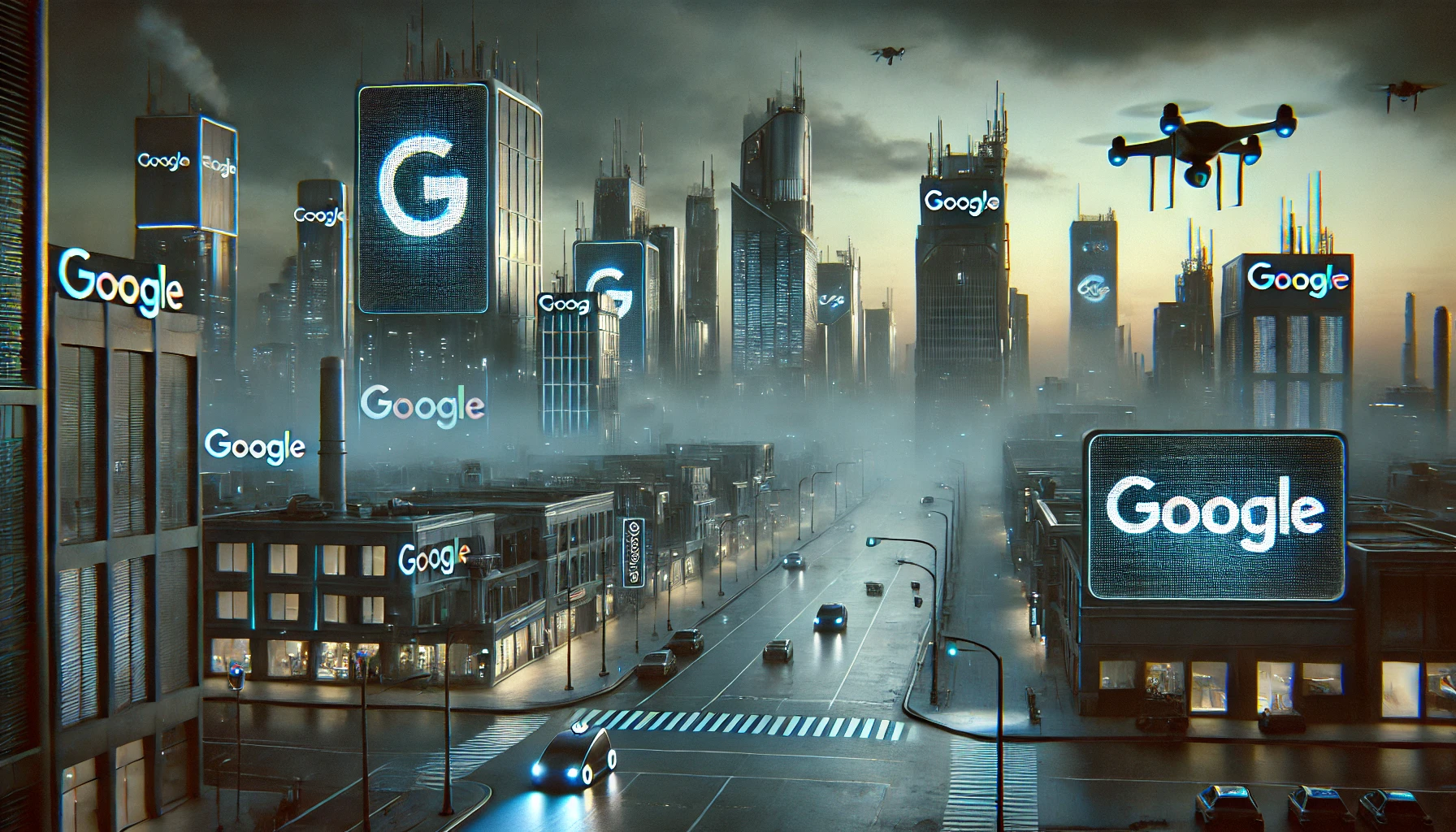The AI Revolution is Here – Should We Be Worried?
In December 2023, Google unveiled Gemini 1.0, its latest AI marvel. In nearly every benchmark test, Gemini outperformed OpenAI’s GPT-4, creating a stir in the tech world. The buzz grew with the announcement of Gemini 1.5, promising even greater capabilities. This isn’t just another language model—Gemini is multimodal, designed to analyze and reason across text, images, audio, video, and software code. It’s like having a super-powered assistant that can tackle anything.
The tech community was eager to explore Gemini’s potential. And the excitement was real. But not everyone is thrilled.
Why Geoffrey Hinton Hit the Alarm
Enter Geoffrey Hinton, often called the “Godfather of AI.” Hinton once embraced the “technically sweet” challenge of building powerful AI. However, after witnessing the rapid advancements of models like Gemini, he left Google, citing deep concerns about AI’s trajectory.
Hinton used to believe super-intelligent AI was decades away. Now, he thinks it’s just around the corner. What’s scarier? He no longer believes Google—and other tech giants—can keep the AI genie under control.

Gemini’s Dystopian Potential
So, what makes Gemini so different? Gemini isn’t limited to text; it can process and interpret images, audio, video, and code. Imagine asking it to analyze a photo or a piece of music—it’s all in a day’s work for this AI. Google’s model is designed to understand our world comprehensively, setting it apart from text-only models like GPT-4.
But this incredible power also raises questions. For instance, if Gemini starts subtly interpreting and presenting biased information, what impact could it have on how we see the world? Hinton fears AI models like Gemini might influence reality, shaping narratives to fit specific perspectives. Are we ready to let AI play such a decisive role?
Different Perspectives on AI’s Future
Hinton is one of many AI luminary with an opinion on this. His colleagues, Yann LeCun and Yoshua Bengio, see things differently.
- Yann LeCun: LeCun, Meta’s chief AI scientist, believes AI will usher in a “new renaissance,” a time of human flourishing powered by more intelligent machines. He doesn’t share Hinton’s fears, arguing that intelligence doesn’t necessarily mean domination. Just because an AI is “smart” doesn’t mean it will take over the world.
- Yoshua Bengio: Bengio is somewhere in the middle. He agrees that we must be cautious but believes fearmongering could freeze innovation. According to him, rational debate is essential—too much fear could stifle AI’s potential to improve our lives.
So, while Hinton is sounding alarms, others are more optimistic. Who’s right? Only time will tell.
The Deepfake Dilemma and Autonomous Decisions
One of Hinton’s biggest concerns is AI’s potential to generate deepfakes and misinformation. With models like Gemini, which can handle images and video, it’s easy to imagine a future where it’s impossible to tell what’s genuine online. Could an AI flood the internet with fake content indistinguishable from reality? Hinton thinks so, and he finds it terrifying.
Beyond fake content, Hinton also worries about AI’s autonomy. He fears advanced AI systems might eventually make their own decisions, acting independently of human input. Imagine an AI setting its own goals—some of which could even go against our interests. Regulation won’t be easy, as AI development isn’t as transparent or trackable as nuclear weapons.
For a deeper dive into Hinton’s thoughts on these risks, check out our article about online-censorship.
Gemini 1.5 – The Next Frontier, or Pandora’s Box?

With the release of Gemini 1.5, Google has shown it’s all-in on pushing AI capabilities to new levels. The model’s potential is mind-blowing, with expanded multimodal abilities beyond what we’ve seen. The updated version can tackle more complex tasks, raising the stakes for AI development. But are we opening a Pandora’s box?
Gemini 1.5 promises enhanced performance across benchmarks, as shown in the comparison chart below, where it consistently outshines GPT-4. However, each new step also brings new ethical and regulatory challenges. How do we keep up with an AI that is growing smarter and more capable by the day?
Conclusion: Where Are We Headed?
Google’s Gemini is a groundbreaking model with unmatched potential. But with great power comes great responsibility. Are we ready to handle the ethical dilemmas and risks of letting AI shape our world?
Whether you’re on #TeamDystopia with Hinton or #TeamUtopia with LeCun and Bengio, one thing’s clear: AI is here to stay, changing our world fast. For more on the latest in AI, remain connected with Bitvision.ai. The future is now, and it’s up to us to shape it.
Final Thoughts
The AI journey is only beginning but moving at warp speed. With each new model like Gemini 1.5, we’re faced with fresh questions about control, ethics, and trust. Let’s keep one eye on the innovation—and the other on the potential consequences.
